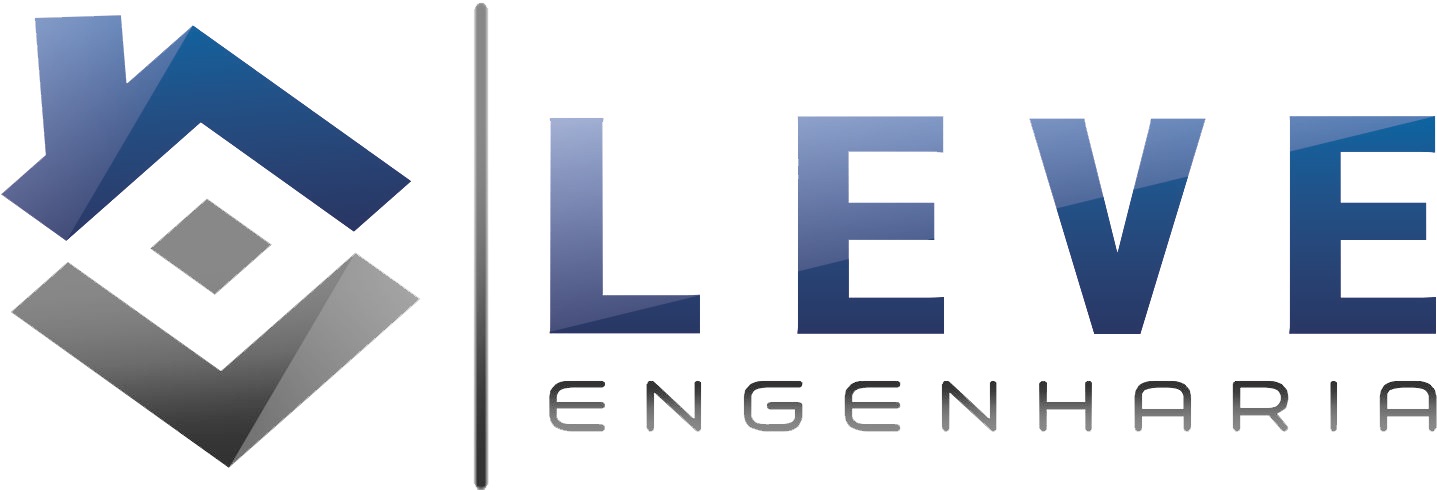In today’s rapidly developing educational landscape, the demand for reputable, comprehensive, and available resources of information is higher than ever before. Homework Encyclopedias have actually emerged as crucial devices for students worldwide, using a wealth of understanding at their fingertips. This write-up looks into the importance of Research Encyclopedias, their advancement over the years, and their function in supporting academic success.

As typical education and learning approaches adapt to electronic developments, discovering resources like Homework Encyclopedias continue to function as keystones of pupil learning, supplying organized and curated content. Comprehending their value and effect can help trainees take advantage of these sources successfully in their educational trip.
The Development of Homework Encyclopedias
The concept of encyclopedias dates back to ancient worlds, where expertise was carefully documented and protected. From the scrolls of the Library of Alexandria to the printed volumes of the Renaissance, encyclopedias have traditionally been treasured as databases of human achievement and understanding.
With the advent of the electronic age, encyclopedias have transcended their typical print format, becoming more interactive and obtainable. Digital Research Encyclopedias currently provide multimedia resources, consisting of video clips, graphics, and interactive modules, which improve the learning experience and make complex topics extra comprehensible.
Today’s Homework Encyclopedias are not only offered online however are additionally constantly upgraded to make certain the information stays present and pertinent. This change not just democratizes accessibility to info yet also transforms how trainees involve with their studies, assisting in a much deeper understanding via varied understanding modalities.
Secret Advantages of Research Encyclopedias
Homework Encyclopedias use countless benefits for trainees, educators, and also parents supporting their youngsters’s discovering endeavors.

They work as trusted companions, supplying organized info that aids in scholastic study and research completion.
Amongst one of the most significant advantages is their capacity to give verified and comprehensive material. Unlike open-source information, which can commonly be unstable, encyclopedias are curated by professionals, ensuring accuracy and reputation. This dependability is critical for students that require reliable information for their jobs and study tasks.
Moreover, Research Encyclopedias support independent understanding and essential thinking. By motivating pupils to seek information proactively, they promote a sense of inquisitiveness and effort, which are vital abilities for lifelong discovering.
- Comprehensive Material: Encyclopedias cover a broad series of topics, using information on subjects covering numerous techniques.
- Interactive Learning: Multimedia aspects involve various learning designs, making information absorbable and appealing.
- Credibility: Curated by professionals, encyclopedias provide reputable and precise info.
- Constant Updates: Normal updates make certain trainees have accessibility to one of the most current information available.
Comprehending these advantages permits students to optimize their learning prospective by efficiently utilizing Homework Encyclopedias as part of their research study regimen.
Just How to Make Use Of Homework Encyclopedias Efficiently
To make one of the most out of Homework Encyclopedias, students should embrace critical techniques to their use. This starts with acquainting themselves with the format and navigating of these resources. Being aware of how to search for specific topics or exactly how to make use of index features can dramatically reduce time spent on study.
An additional critical approach is incorporating encyclopedias educational encyclopedia into more comprehensive study methods. While encyclopedias provide fundamental expertise, they need to be used alongside various other research study approaches for an extra nuanced understanding of intricate subjects. This mix of resources broadens a student’s perspective and strengthens their understanding of subject matter.
Furthermore, students must leverage the multimedia includes available in electronic encyclopedias. These can promote a much better understanding of challenging ideas with visualization and interactive understanding, therefore enhancing retention and comprehension.
Top Homework Encyclopedias Available Today
The world of Homework Encyclopedias is substantial, with various options available for trainees of various age groups and academic degrees. Below are some very related to encyclopedias that have actually stood the test of time and remain to sustain pupil success effectively.
- Brittanica Online: Widely known for its authoritative web content, Britannica supplies comprehensive details on a broad range of topics, with constant updates and multimedia elements.
- Globe Publication Online: Supplies an easy-to-navigate interface and tailored resources for various age groups, making certain material is age-appropriate and interesting.
- Encarta (Historical): Though no longer in publication, Encarta established a criterion for electronic encyclopedias and stays a noteworthy mention for its introducing contributions.
- Khan Academy: While not a traditional encyclopedia, Khan Academy uses a considerable library of academic web content in a style that complements typical encyclopedic sources.
These resources supply an excellent beginning factor for pupils looking for high-quality details. Their selection makes certain that customers can find the appropriate fit for their specific finding out requirements and preferences.
The Future of Research Encyclopedias
As innovation remains to advancement, the future of Research Encyclopedias appears promising, with technologies focused on boosting individual experience and accessibility to info.
Artificial intelligence is most likely to play a substantial duty, offering personalized discovering paths and more instinctive search functions, which could reinvent just how trainees communicate with these sources.
Additionally, the combination of digital and enhanced reality might open new possibilities for experiential knowing, permitting students to engage with content in immersive environments. Such advancements are readied to redefine the instructional landscape, making discovering more interactive and impactful.
The Function of Educators and Students
In this advancing context, educators and trainees should adapt to utilize these technological developments efficiently. Teachers can direct trainees in using encyclopedias as component of their curriculum, motivating important thinking and research study abilities.
For trainees, the essential hinge on remaining curious and open up to checking out new devices and resources. By welcoming Research Encyclopedias and comparable academic modern technologies, they can enhance their academic performance and plan for the difficulties of tomorrow’s knowledge-driven globe.

